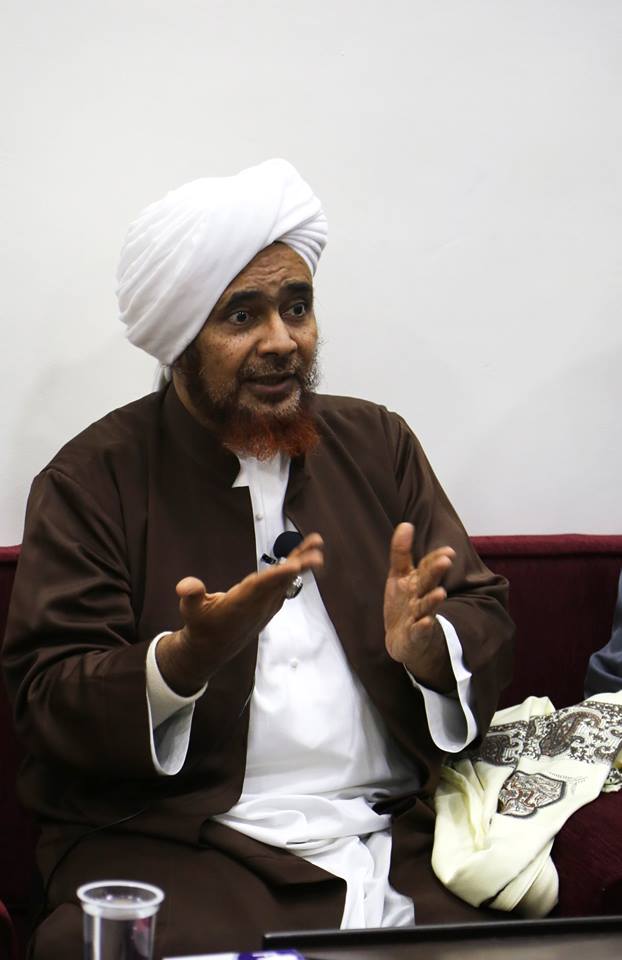Sayyidi Habib Umar bin Hafiz (may Allah protect him and benefit us by him) explains that if the prayer is correctly established, it is a means for seekers to take themselves to account (make muhasabah) and be in a state of vigilance (muraqabah).
One of the wisdoms of the prayer is that it enables us to be in a state of vigilance and to constantly take ourselves to account. By being in control of your body you prepare your heart to attain this. Your prayer then puts light into your time so that the time between each prayer becomes illuminated. The Prophet ﷺ pointed to this when he said: “One prayer to the next; one Friday prayer to the next and one Ramadan to the next – all of these wipe out the sins a person commits between them, as long as grave sins are avoided.”
So if someone is alert, knows the purpose of the prayer, and does not allow himself to fall into grave sins, then all his time becomes illuminated by his prayer and he will constantly receive gifts from his Creator.
Sayyiduna `Ali Zayn al-`Abidin showed us in what state we should enter the prayer. When he approached the prayer his colour would change. When asked about this he said: “Do you know in front of Whom I am about to stand and with Whom I am about to converse?”
Sayyiduna Ja`far al-Sadiq would carry on repeating one verse in his prayer until he would fall unconscious. When asked about this he said: “I continued to repeat it until I heard it from the One Whose speech it is.”
He also said: “Allah manifested Himself to His creation in His speech but they are unaware of this.”
This is the state of those who constantly take themselves to account. Our prayers should have an effect on us. If they are correctly established they should enlighten us and purify us. We should not enter them in a state of heedlessness, unaware of their greatness, nor should their performance become a mere habit.
One of the pious people would take himself to account by writing the prayers down on a piece of paper and leaving a gap between each prayer. Whenever he committed a wrong action he would draw a line in that gap. Whenever he spoke about something that did not concern him he would draw a dot. This enabled him to take account of his time between each prayer and thus constrict the Devil and his lower self which constantly orders to evil.
A shaykh once saw one of his students carrying a subhah (prayer beads) and remembering Allah. He said to him: “My son, you are obeying Allah a fixed number of times but you are disobeying him countless times! You do not take account of how many times you disobey Allah with your eye, your tongue, your hand and your intention. You are counting the number of times you remember Him but you are not counting the number of times you disobey Him. Being aware of your wrongdoings is more important.”
………………………………..
An extract from a lesson in Imam al-Suhrawardi’s book, `Awarif al-M`arif. The lesson took place in Dar al-Mustafa on 19th Safar 1434 / 1st January 2013.

